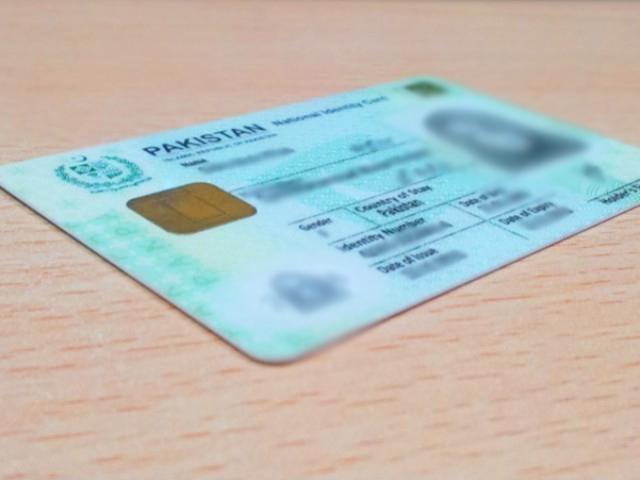The National Database and Registration Authority (NADRA) has introduced new operational guidelines for citizens looking for computerized national identity cards (CNIC) and other official documents, with the aim of improving data security and optimizing their services.
According to a recent announcement, citizens visiting Nadra centers should only carry original documents, since photocopies will no longer be required for routine procedures, including B forms and registration certificates.
The authority has also clarified that using another person’s CNIC as a reference or guarantee has no legal status.
The measure is part of the broadest efforts of Nadra to combat identity fraud and improve transparency in its processes. The clear signaling that shows the updated procedures have already been installed in all Nadra centers throughout the country.
In a separate public security notice issued by NADRA, the authority warned citizens to avoid unnecessary photocopy of the CNIC. The notice highlighted the growing concerns about fraudulent schemes where criminals are passed as officials and try to collect personal data, such as CNIC numbers and digital footprints, offering false awards, financial rewards or incentives.
Nadra emphasized that delivering your CNIC as a guarantee or for unauthorized services could lead to identity theft, including financial fraud and illegal records.
In recent years, there has been an increase in reported cases of people who are victims of such scams, which led Nadra to act quickly with preventive measures and public education efforts.
Citizens have been advised:
-
Bring only original documents when visiting Nadra’s offices.
-
Avoid carrying or sending CNIC photocopies, unless it is legally ordered.
-
Never share CNIC, digital footprints or other personal information in informal environments.
-
Report any suspicious activity to Nadra or police authorities.
This policy change also aims to reduce paperwork, increase operational efficiency and protect the personal data of citizens amid the growing digital security challenges.




